If you are looking for a means to fit larger tires into the front of your truck to enable it to carry more load, you might be wondering if you should level your truck. To help you decide, we have consulted with some expert mechanics to ensure we provide you with all the details you need to make the right call.
You can level your truck, especially if you want to increase its overall ground clearance to optimize work utility or use it as a tow rig. Leveling also gives a balanced look to your truck. However, you should consider the pros and cons before making your decision.
Leveling your truck comes with caveats you should be aware of. Keep reading as we will give a more detailed breakdown of all the significant factors you need to know before deciding whether to level your truck.
![Huge white Ford F150 at a car show, Should I Level My Truck? [Pros and Cons]](https://vehq.com/wp-content/uploads/2022/04/Should-I-Level-My-Truck-Pros-and-Cons.png)
What is Truck Leveling?
Truck leveling means raising a truck away from the axles to fit larger wheels and double ground clearance. It allows for larger stock tires to be placed on all four sides. Truck leveling prevents other parts like the front bumper from being damaged by rocks, potholes, debris, etc.
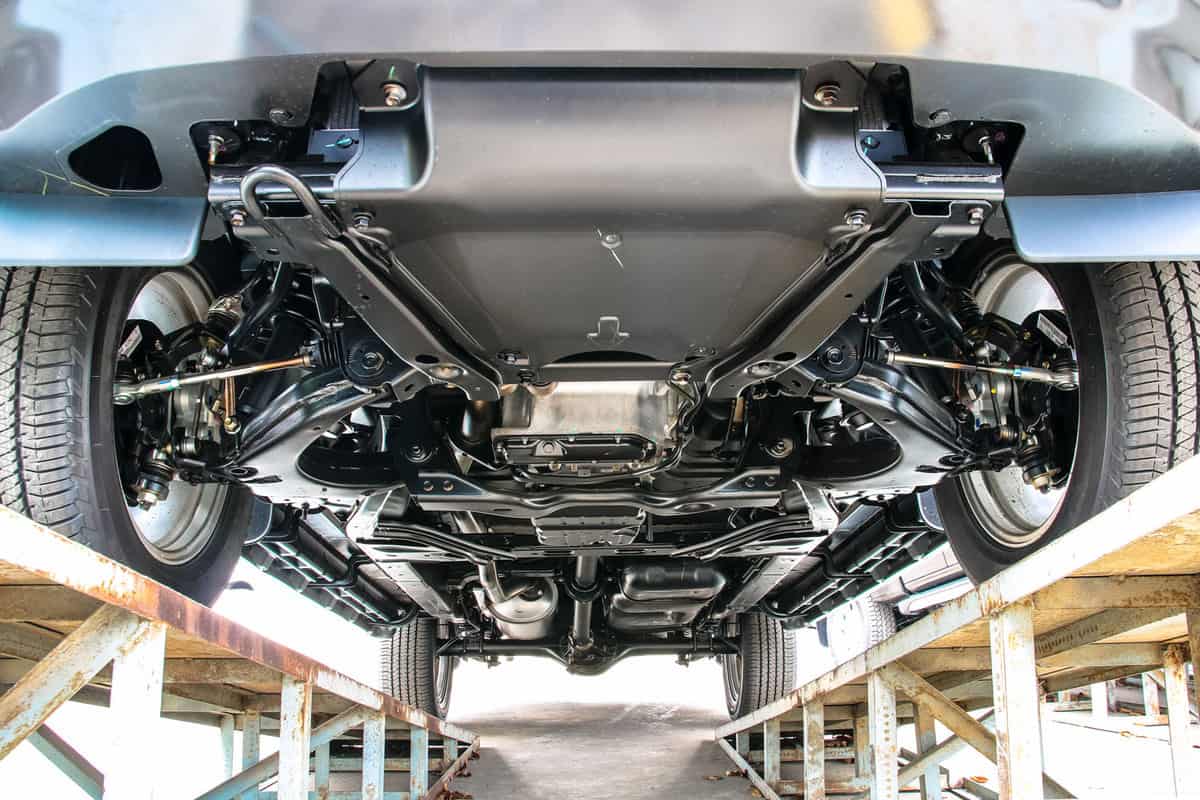
It can be aided through an instrument usually referred to as a kit or a spacer tightly knitted to the top of the truck strut. It helps bring the truck back to its average height and keeps its body safe.
Pros of Leveling a Truck
If you're considering leveling your truck, here are the advantages you can enjoy
Usage of Larger Wheels
A leveling kit has various benefits, one of which is the ability to install new tires on your truck. While most trucks have enough rear clearance to accommodate larger wheels, they typically require a front lift to avoid the fender or bumper getting in the way when turning.
A leveling kit provides the necessary lift to level the front and back portions, allowing you to install larger wheels that suit your tastes. This gives you a lot of flexibility regarding where your vehicle can go and what kinds of jobs you can use it for.
Reduction of Brake Pace and Pressure
Higher rear ends cause minor complications when handling unloaded trucks, especially when stopping in an emergency. By lessening the stress on the brakes and front suspension, leveling your truck allows you to attain more equilibrium.
Improved Static Weight Balance
Leveling kits are usually simple to install and allow you to maintain the static weight balance of your truck. Although when dealing with the extra convenient leveling kits, some installations typically require additional work in terms of weight balance.
Room for Better Handling
Most fast trucks have raised noses to improve their overall handling around curves. While the difference isn't much, especially when navigating turns with a full load, you can detect a difference when driving. Even if you're not planning on hauling any goods, you might want to level the truck for a smoother driving experience.
Improve Towing Capability
A leveling kit is an excellent addition to increasing your off-roading abilities. More ground clearance and wider tires are recommended when driving through mud, dirt, rocks, sand, and other terrains. It will prevent rocks and dirt from damaging the front bumper and other elements.
The vehicle will sag if a heavy feature, such as a snowplow or a winch, is added to the front end. A leveling kit will raise the front of the vehicle back to its proper height to improve handling.
Cons of Leveling a Truck
As much as it has diverse usefulness, leveling a truck has some demerits. Below are some of the cons of leveling, according to truck experts.
- Suspension components can wear out faster due to added pressure. Extra stress or added pressure can cause wear and tear compared to other causes.
- You would need to spend more on fuel. Truck leveling requires changing the complete profile of your truck. The extra modification requires the truck engine to work better to achieve the same output, requiring more fuel.
- Leveling can void the warranty of the vehicle. The standard warranty placed on your truck can be void when the truck is leveled. For instance, if you paid an amount of $1,500 to $4,000 for a warranty on expenditure, this warranty can be void if noticeable unusual changes were made to the vehicle.
- High-cost consideration. There is a high cost attached to leveling a truck. The new wheel and tire of the truck will have a higher cost of maintenance and repair to maintain the overall balance and fitness of the truck.
Types of Leveling For Different Trucks
Leveling doesn't work the same way for all types of trucks as leveling kits are designed differently. It would be best to be wary about buying a kit that claims to be one size fits all. Here is what you should know about leveling for the most common types of trucks.
Leveling Ford Trucks - Torsion Key Leveling Kit
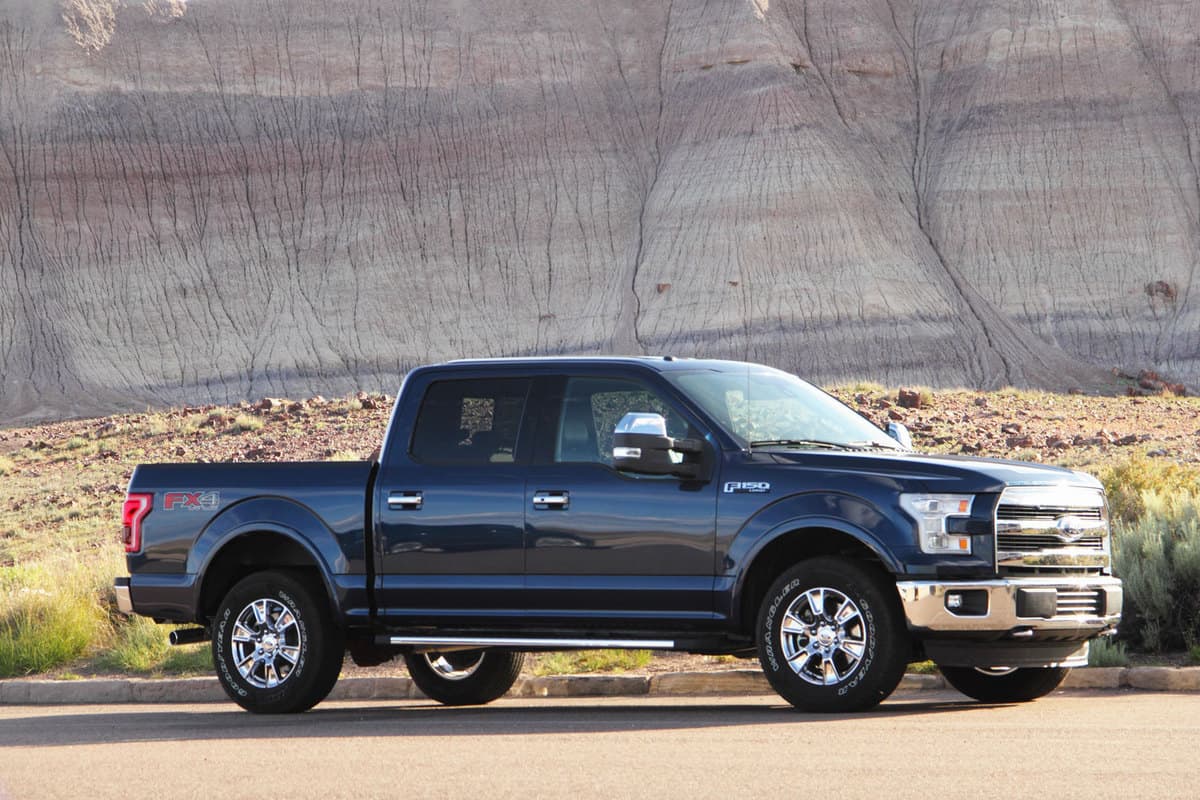
This kit is used for vehicles with attached torsion bar suspensions like ford and most combat vehicles and tanks. The factory bar keys must be replaced by the torsion keys to lift the vehicle on one end. This can enable you to lift your Ford vehicle without impacting its function.
Leveling Chevy and Tundra Trucks - Strut Extension Leveling Kit
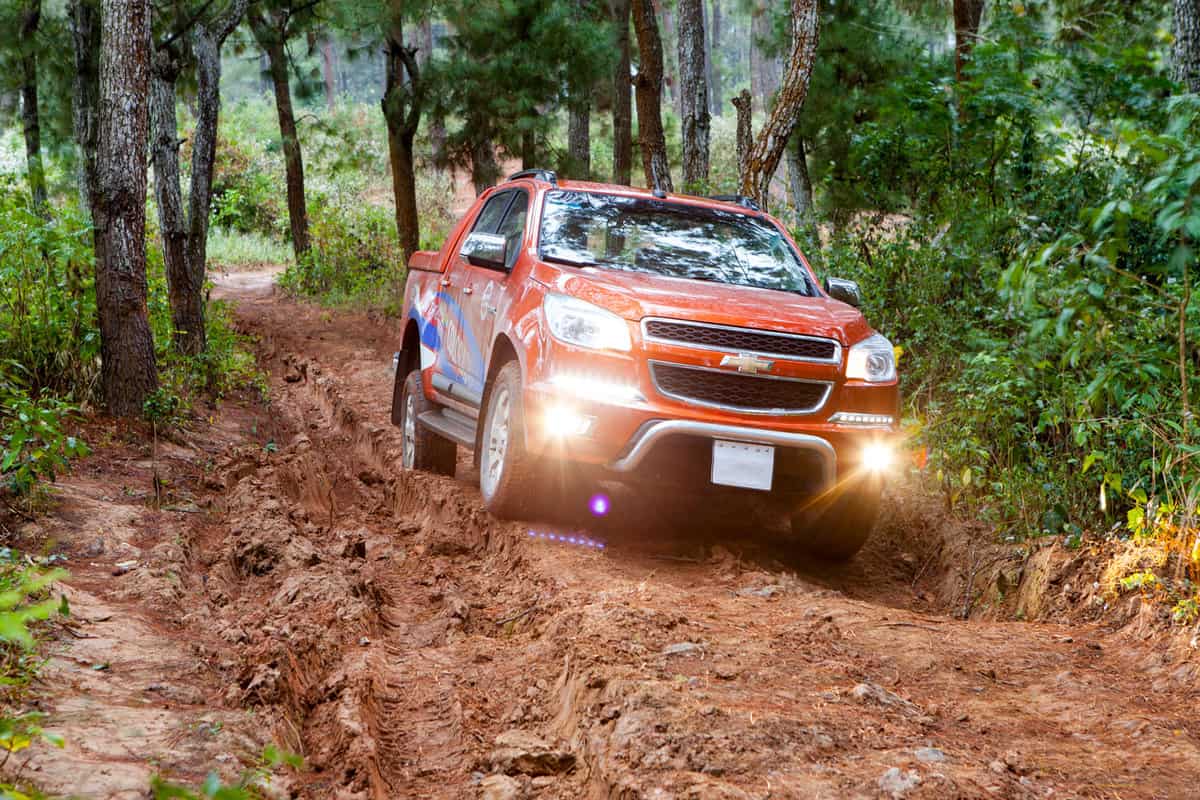
Most mid-sized trucks like Chevy and Tundra use strut extension leveling kits, also known as strut spacers. This type of kit works well with vehicles that have coilover front suspensions. The vehicle's suspension is slightly raised, and a spacer is added to the factory strut.
The strut extension leveling kit saves you money. Although the cost of leveling kits varies based on the make and model of your Chevy, you'll discover that the majority are very reasonable and won't break the bank.
Because these leveling kits are inexpensive, you may buy high-quality ones without breaking the budget. You'll need to be extra cautious while purchasing some products, though, as there might be fakes on the market.
Leveling Ram Trucks - Coil Spring Spacer Leveling Kit
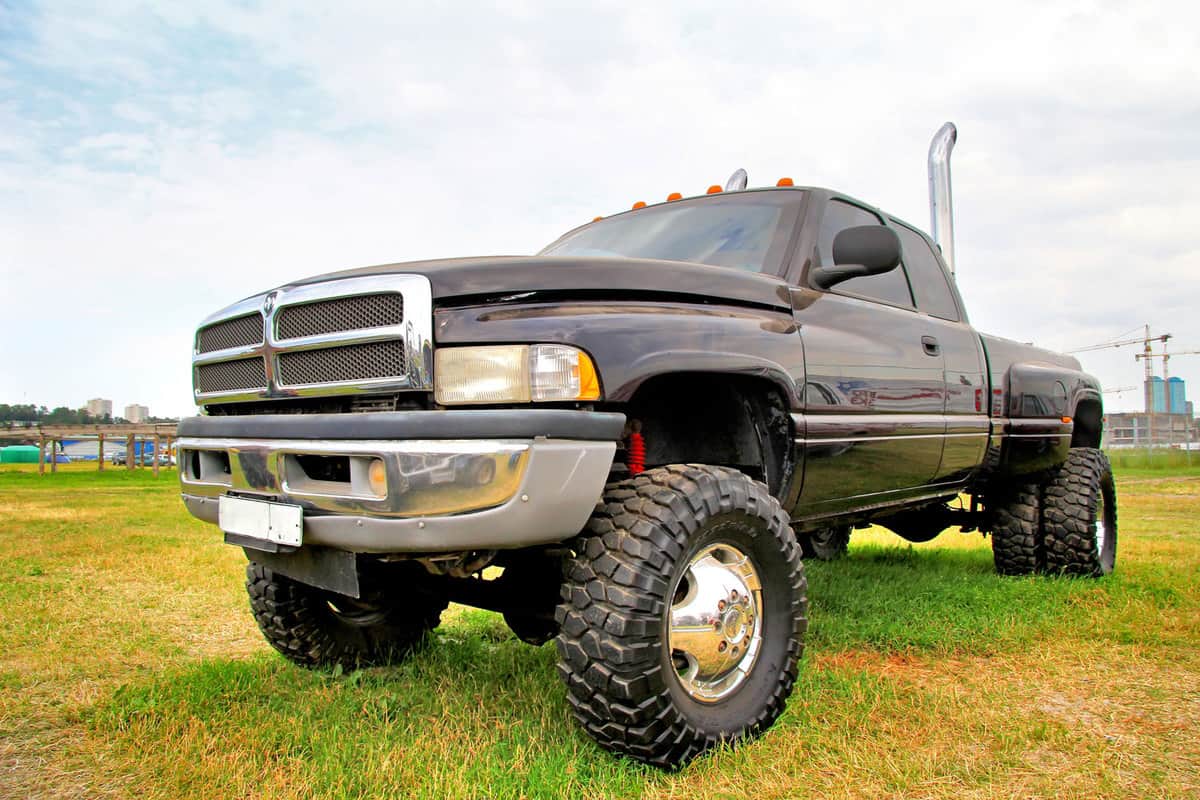
These kits are designed for trucks like Ram that come with coil springs. To raise the body of your truck, spacers would be added to the spring seats.
Most vehicles have more clearance in the back than in the front; therefore, clearance is usually limited to the front end. A good leveling kit will do a great job raising the front end of a vehicle by 1 to 3 inches, thereby increasing overall ground clearance.
Does Leveling a Truck Affect MPG?
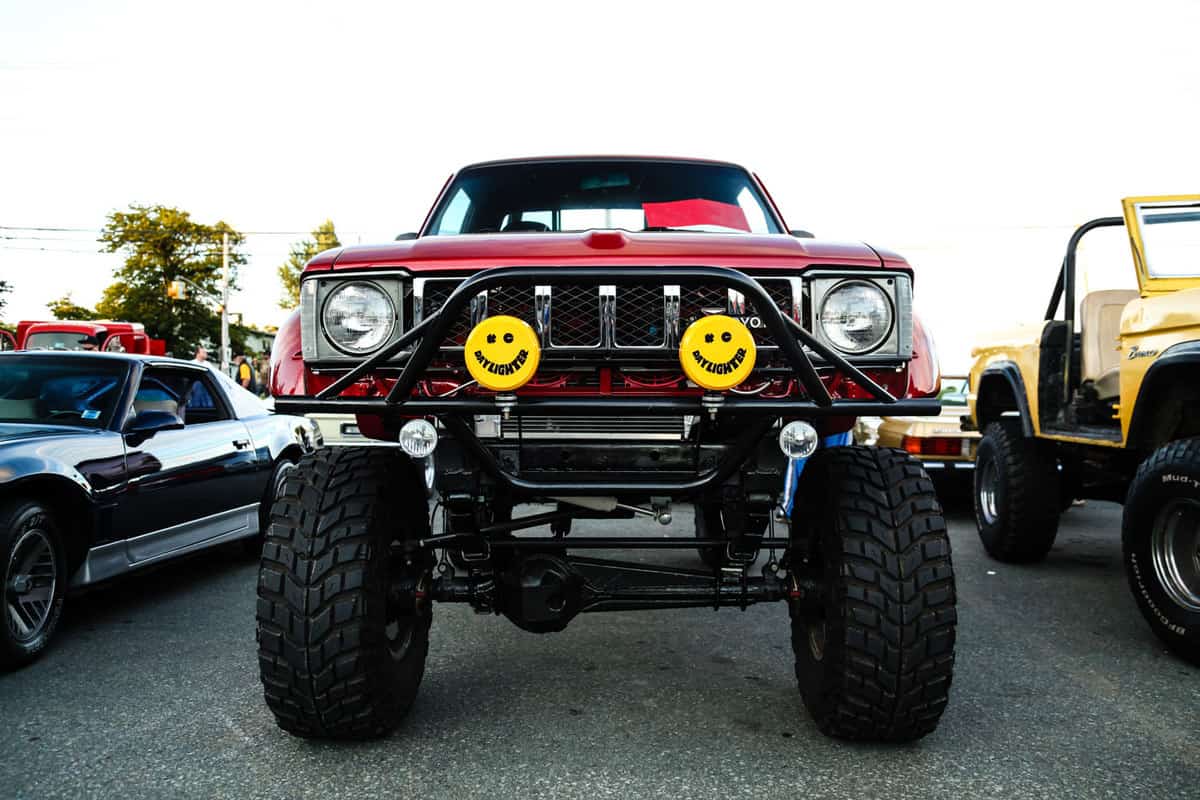
When you add more wheels to a truck, its size and weight increase, which means the vehicle will expend more energy to move around, resulting in a higher mpg. When loaded, a leveling kit lifts the truck's nose, increasing wind resistance.
If a truck is leveled and new, larger tires are placed, its fuel economy will suffer. Because leveling alters the factory settings and form of the truck, making it less efficient, it must be done with extreme care. You most likely want to take another option if optimum performance is a concern.
Do You Need an Alignment After a Levelling Kit?
After installing a leveling kit, it is usual for the car to feel different. It is possible that the steering might feel a little odd or that the wheels are a little different than usual.
Your alignment changes when you modify the suspension, and your vehicle will undoubtedly go faster and feel odd. As a result, if you want to prevent buying new wheel-tire packages every month, you will need an alignment after a leveling kit.
It would be best to have an alignment whenever you modify your suspension or wheels. It is a small price to pay, and it is well worth it. An alignment is unquestionably less expensive than purchasing new truck rims because your wheels are grinding on the ground.
Would Levelling Kits Affect Ride Quality?
Under most circumstances, as long as you get proper installation, a leveling kit will not affect your ride quality. However, if you buy a cheap leveling kit and attempt to install it at home without proper skills, it could. As so many minor mistakes can be made along the way.
Though installing a leveling kit at home might seem cheaper, it is not always the best option. That is why it is always a good idea to seek assistance from a professional mechanic.
Final Thoughts
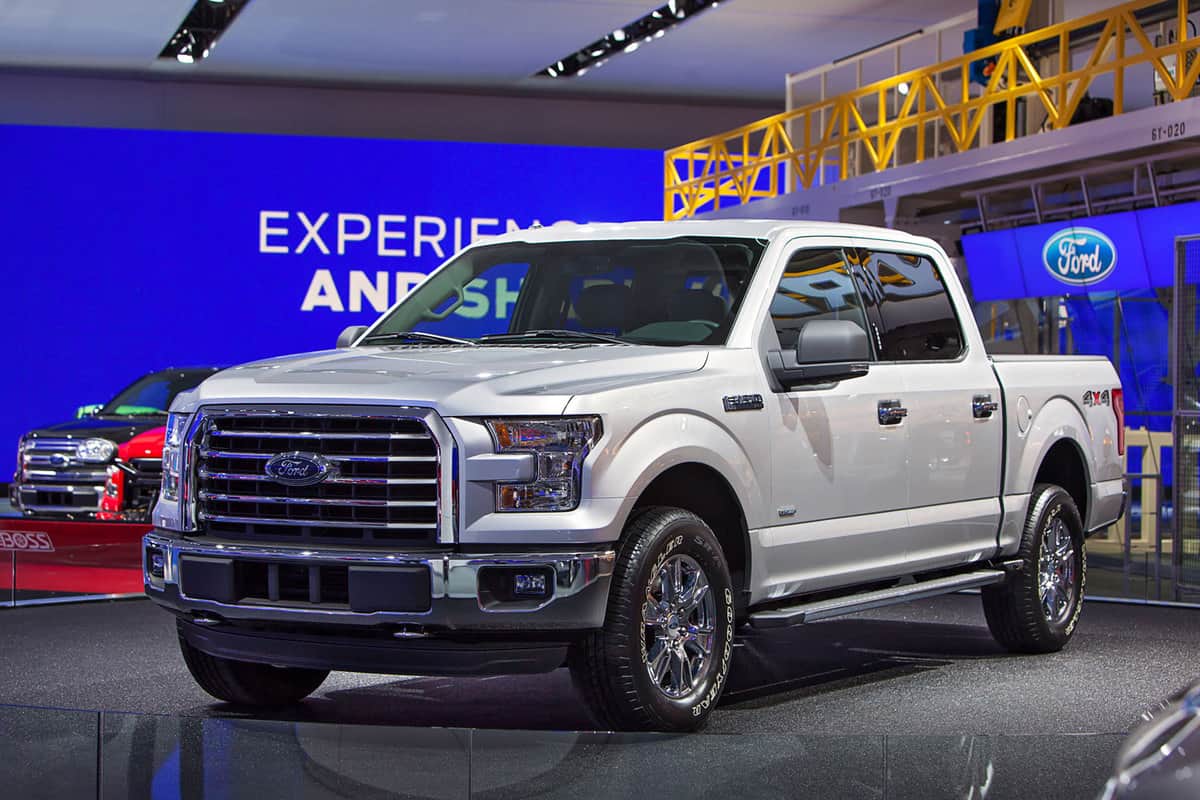
A leveling kit is an excellent addition to improving your truck's off-roading ability. Increased ground clearance and wider tires are recommended while driving through mud, dirt, rocks, sand, and other terrains.
Having taken into consideration all the factors well explained in this post, you will now be able to decide whether you should level your truck or not. Are you looking for more information about leveling your truck? Check out these similar articles.
